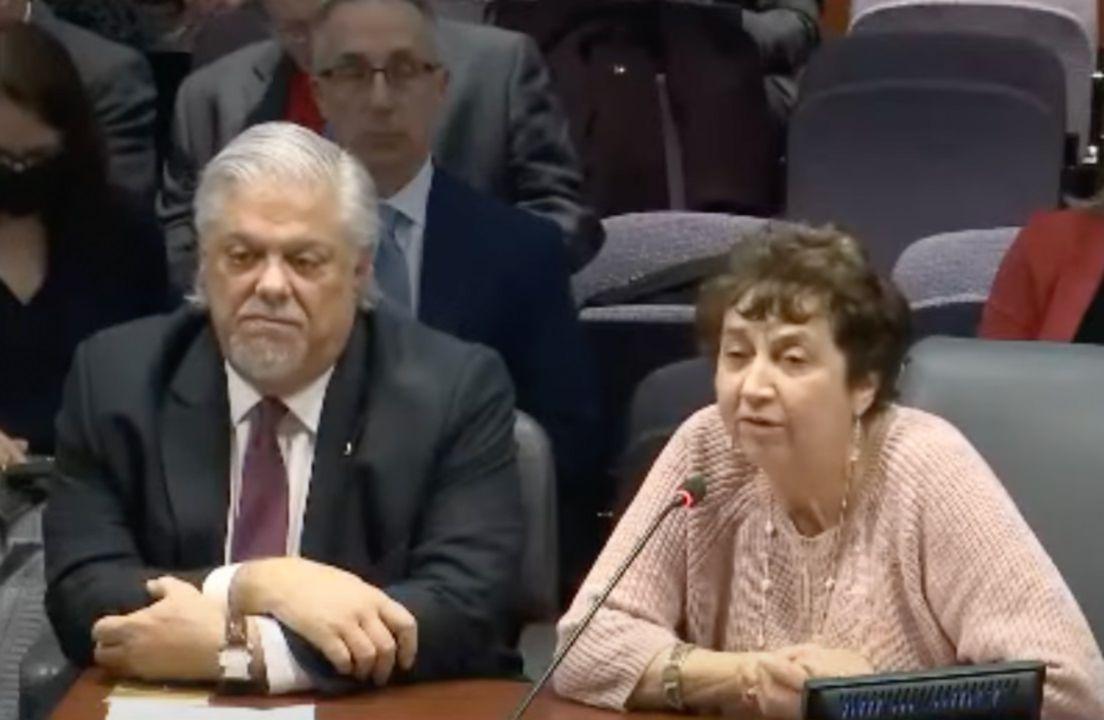
1 minute read
State’s presidential primary would move up to April 2 if bill passes
from The Berlin Citizen
By Mark Pazniokas
The Connecticut Mirror
Advertisement
Connecticut’s Republican and Democratic state party chairs offered a united front Monday by jointly testifying in support of liberalizing state party fundraising rules and moving the presidential primary from the last to the first Tuesday in April.
Given the hyper-partisan nature of contemporary politics, cordial lobbying by the GOP’s Ben Proto and the Democrats’ Nancy DiNardo might seem odd, but the pair long has found common cause on the mechanics of politics.
“And contrary to popular belief, we work together more often on things than might otherwise be known,” said Proto, a long-time operative and elections lawyer who became state chair in 2021.
The state party chairs testified before the legislature’s Government Administration and Elections Committee in support of House Bill 6904, the fundraising measure, and House Bill 6908, the primary scheduling bill.
Proto and DiNardo share a goal of making Connecticut an attractive place for presidential candidates to campaign and not just raise money, always a challenge for a small state with a limited cache of delegates.
“For too many presidential elections, Connecticut voters have been shortchanged in the primaries by being scheduled on the last Tuesday in April,” said DiNardo, who was state chair from 2005 to 2015 and returned in 2020.
Too often, the winners of the nominations are known before the end of April.

In 2020, for example, Bernie Sanders ended his presidential campaign on April 8 and endorsed Joe Biden on the 13th.
(Thanks to COVID-19, and the fact that Biden and Donald J. Trump had their nominations assured, the presidential primary was delayed in 2020 to August, when the primaries for state offices in Connecticut are held.)
Under current law, the state’s 2024 presidential primary wouldn’t be held until April 30. The bipartisan bill would move it to April 2.
Voter interest and the state economy benefit when the primary is held when the outcome is in play, Proto said.
“We know that when the candidates come to a state they spend a lot of money, not only on their media buys, but also within our hospitality industry, on salaries, on staff,” Proto said.
“So there’s a tangential benefit to doing this to making a competitive state that candidates want to come to.”







